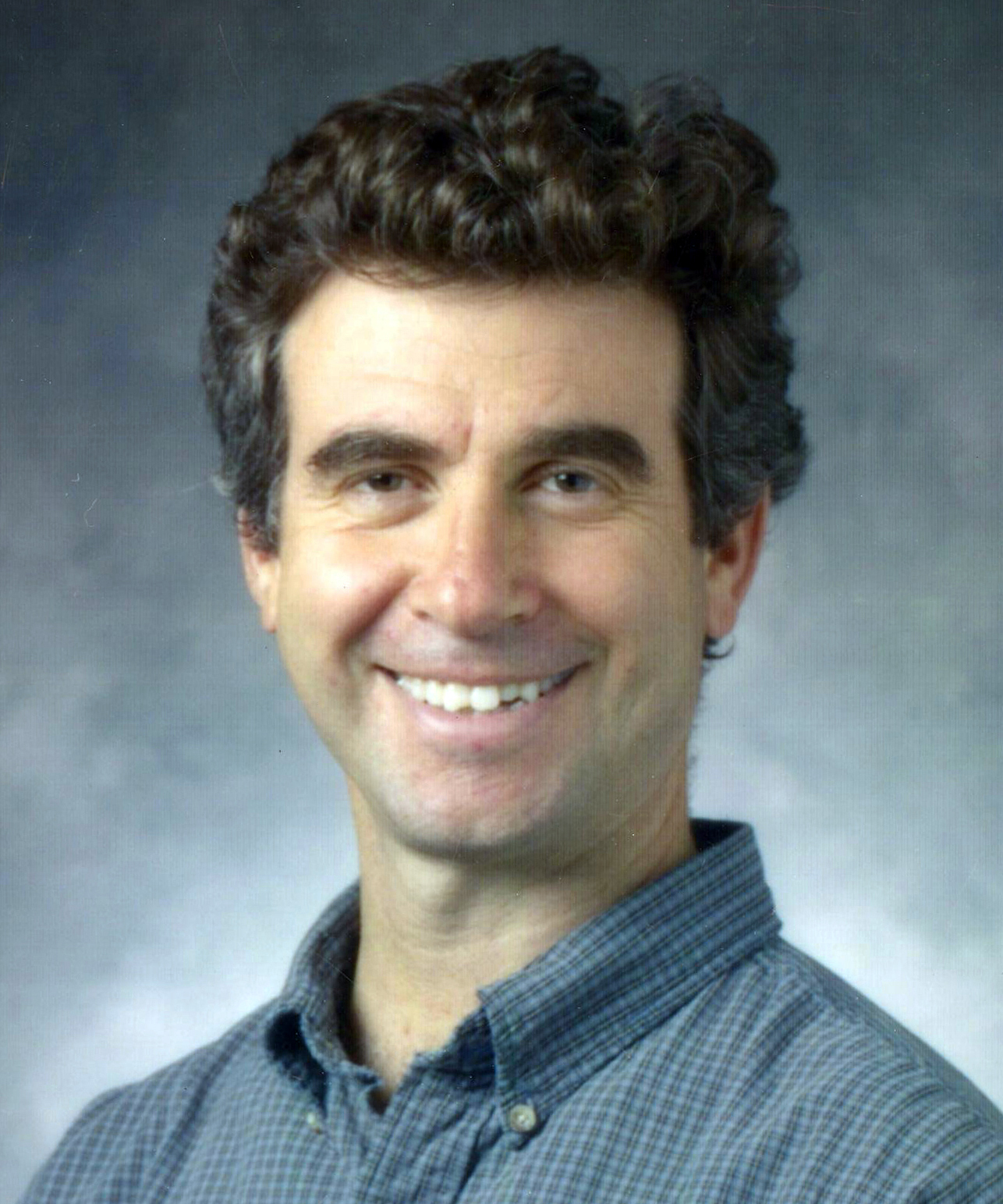
Kids learning science while roaming a virtual world
Daniel Schwartz, a professor of education, received a $691,000 recovery act grant from the National Science Foundation to improve adolescents' abilities to make effective choices for how and what to learn when using virtual science worlds – online environments where they are represented by avatars and can interact with each other, with "agents" they can teach and with virtual objects.
Schwartz will pursue answers to many questions. Do they just want the answer? Do they choose to learn by teaching their agents? Do they use simulations to understand causal relations? Do they spend all their time getting points?
"We consider improving students' abilities to make effective learning choices a major goal of education," said Schwartz, the sole recipient of a prime research award in recovery act money in the School of Education.
"Once students leave the scripted and mentored environment of the school, they will need to make choices that determine whether, what and how they learn. Modern computer technologies provide environments where students can learn to make effective choices. They provide rich, choice-filled virtual worlds, and they can also track and evaluate student choices. Using new algorithms for analyzing patterns of choice, the computer environments can adapt to help the student develop better learning choices and understand science more deeply." ...Veiw the full Stanford report here
Subscribe to our monthly newsletter.